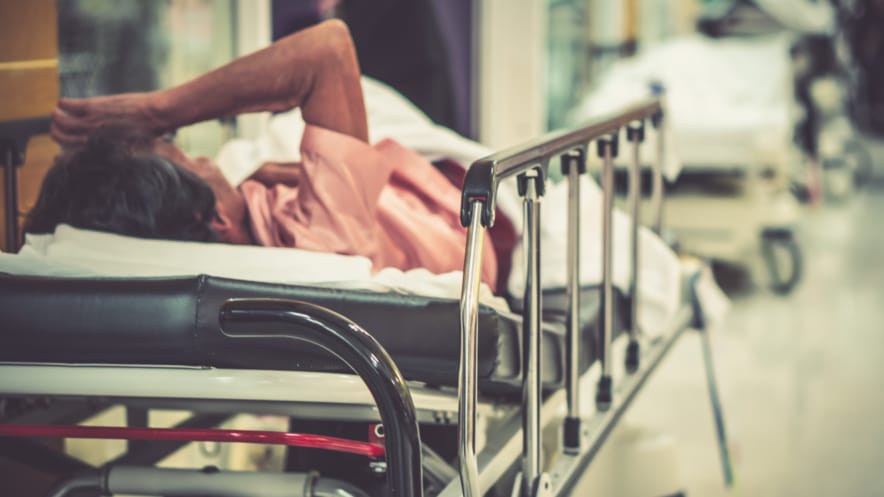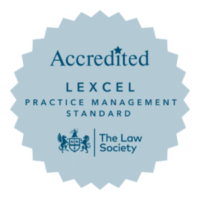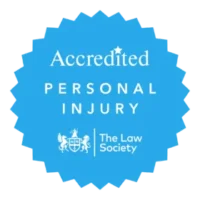Medical Negligence: Accident + Emergency Care Delays
13th Nov 2024
As of late, Accident and Emergency departments in the United Kingdom have been under considerable strain. This is in part due to increased attendance – in the past year, there have been around 26.2 million attendees to the Accident and Emergency Department (A&E). Other factors play a part, such as rising emergency admissions, a lack of hospital beds, and staff shortages. This means that unfortunately, more and more attendees A&E will experience some degree of delay upon arrival.
The “four-hour” standard
The “four-hour” standard is an operational standard for the NHS set in 2010. The standard provides, in basic terms, that any patient seen in A&E should be seen, admitted and discharged within four hours. When the standard was first set, it provided that around 95% of patients should be seen in this time. However, this standard has not been met since around 2013/2014. In the past year, an average of around 72% of people attending A&E were seen within the first four hours of A&E attendance. The national goal for the four-hour standard is now 78% – a 17% decrease from the initial national target.
The effect of treatment delays on sick or injured people
Delay can have a genuinely critical impact on patients. If you are experiencing a medical issue, or have had an accident or injury, it is crucial to receive prompt treatment to ensure the best chance possible for diagnosis and recovery. There can be dire consequences if delay is experienced by a patient, such as prolonging or development of a medical condition and increased pain and suffering. For instance, a heart attack, stroke or sepsis often need swift care and treatment to avoid permanent life altering complications or death.
Delay and medical negligence
Unfortunately, delay and pressure on services can lead to a heightened chance of a misdiagnosis or negligent treatment. This can give an individual rise to a claim in medical negligence, which happens when a medical professional fails to provide the expected standard of care, in a range of scenarios, such as misdiagnosis, administering or prescribing the incorrect treatment, operating on the wrong part of the body and other such medical practice errors that would not be expected from a competent clinician.
Making a claim helps the NHS to assess and adjust their working practices, ensuring history does not repeat itself
Starting a claim can seem like can a very intimidating process, but our medical negligence team are here to help with free no-obligation initial advice without judgement and with empathy and understanding.
If you wish to find out more, contact us through our website, telephone us on 01761 414646, or attend our Free Legal Advice Surgery (running every Thursday from 5.00 – 6.00 pm) for free advice and to discover whether you may have a claim.
Related news
Articles you may find useful
Like this article? Sign up for our regular newsletters





